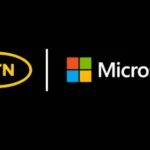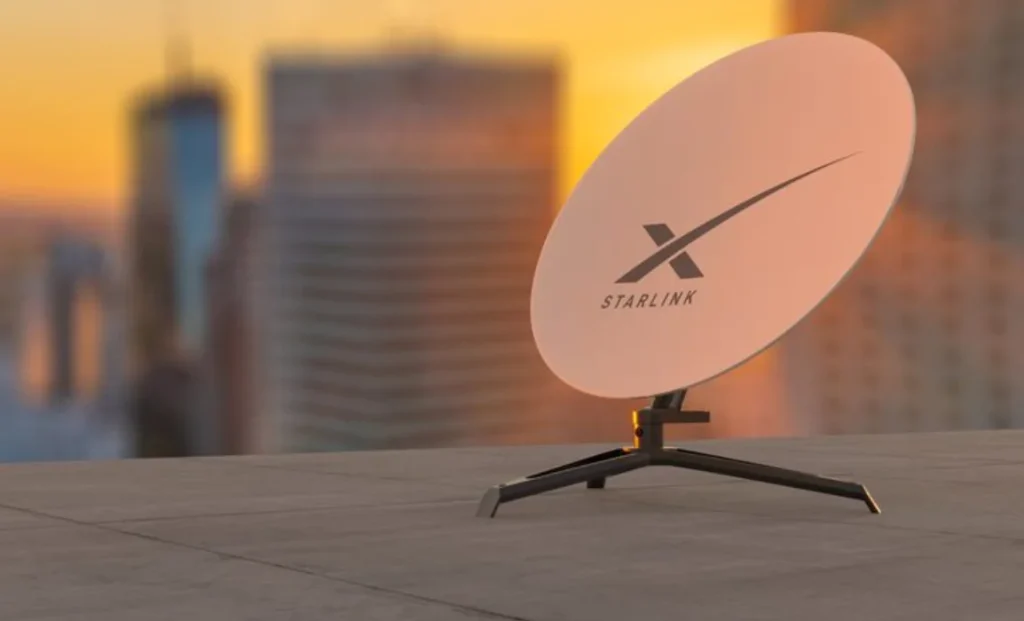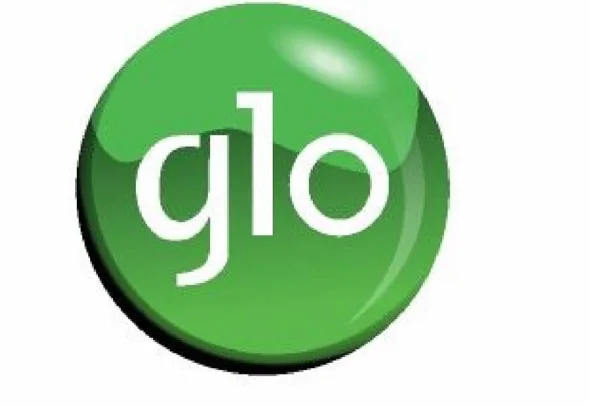Starlink, a satellite internet service by SpaceX, has announced a price reduction for its hardware in Nigeria. The cost of the Starlink kit, essential for accessing the service, has been slashed by 21%, dropping from ₦378,000 to ₦299,000, effective this October.
However, the monthly subscription to be paid remained unchanged at N38,000 per month and a partial refund would be made to the customers who have ordered the kit in the last 30 days.
This move comes as Starlink seeks to attract more customers in Nigeria, a country with slow internet speeds that affect approximately 70% of its residents, with an average decrease to 10.9% in 2023.
Despite the potential of Starlink’s high-speed capabilities, affordability remains a barrier to widespread adoption, especially considering that the average monthly income in Nigeria is less than ₦124,000. To further its reach in Nigeria, the company has also forged a partnership with Jumia, the leading e-commerce platform in the country, in order to facilitate easier access to Starlink kits for interested customers.
Starlink emergence into the Nigerian market
Despite its higher costs compared to local Internet Service Providers, Starlink generated significant interest among Nigerians when it entered the market in January. Its widespread satellite coverage was appealing to those in areas with poor internet connectivity.
.Initially pricing its hardware and subscriptions in dollars, the company later switched to naira upon its official announcement. However, as the Naira’s value fluctuated, prices surged to N378,000 for hardware and N38,000 for subscriptions.
The satellite company’s strategic partnerships with e-commerce companies like Jumia Technologies AG allowed it to boost sales and expand access across Africa, starting with Nigeria.
Recent data from the Nigerian Communications Commission (NCC) shows that Starlink has become one of the leading ISPs in Nigeria, boasting a customer base of 6,756 by the end of June, surpassing many local ISPs that have been operating in the country for years.
In 2023, the satellite company expanded its operations into other African countries with the goal of bridging the digital divide in underdeveloped regions. Offering a 100Mbps download capacity, its service boasts speeds nearly tenfold greater than the average mobile internet speed in sub-Saharan Africa, where access remains limited. However, beyond pricing challenges, it has encountered unexpected regulatory obstacles across Africa.
Unexpected regulatory obstacles across Africa
South Africa’s government, for instance, has banned the import, sale, and use of Starlink’s equipment. Yet, many South Africans have sought ways to circumvent these regulations to access the service.
Zimbabwe and Botswana have expressed concerns about the satellite operating without the necessary licenses, particularly as it plans to launch in those countries by Q3 2023. In a recent incident, the Senegalese authoriies detained five individuals for distributing Starlink equipment without the appropriate permits.
Despite these challenges, the satellite company remains determined to expand its footprint in Africa, bringing high-speed internet connectivity to regions where it is sorely needed, even as it grapples with both pricing and regulatory challenges in its pursuit of a more connected continent.












